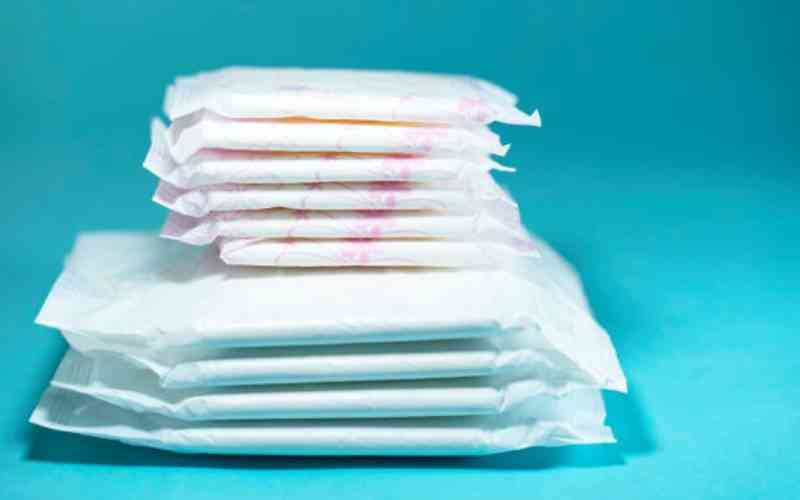×
The Standard e-Paper
Kenya’s Boldest Voice

The Kenya Women Teachers Association has asked the government to zero-rate sanitary towels to enable more girls, especially those from poor homes, to afford them.
According to Kewota CEO Benta Opande, the call has yet to be answered, and young girls are having difficulty accessing towels.